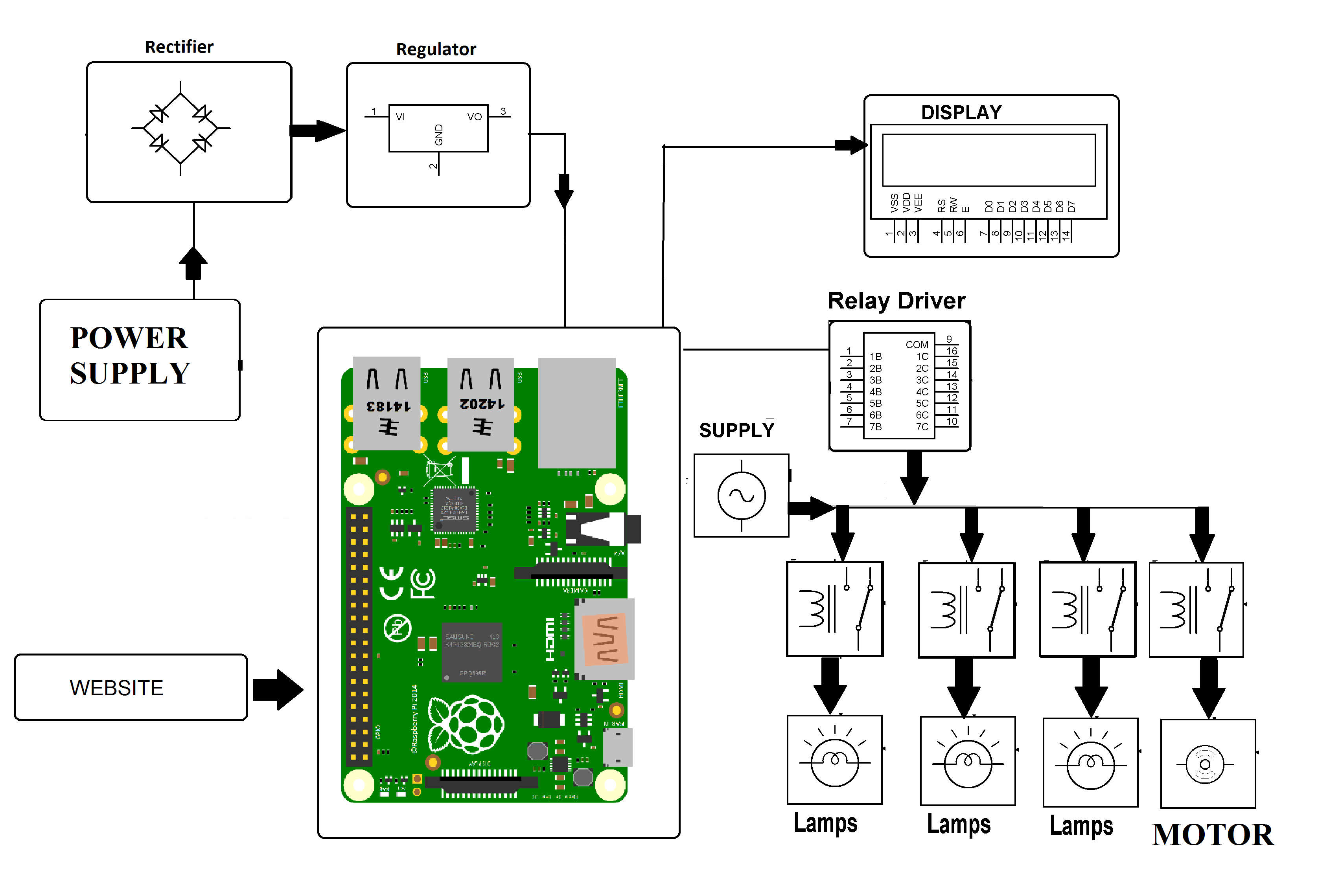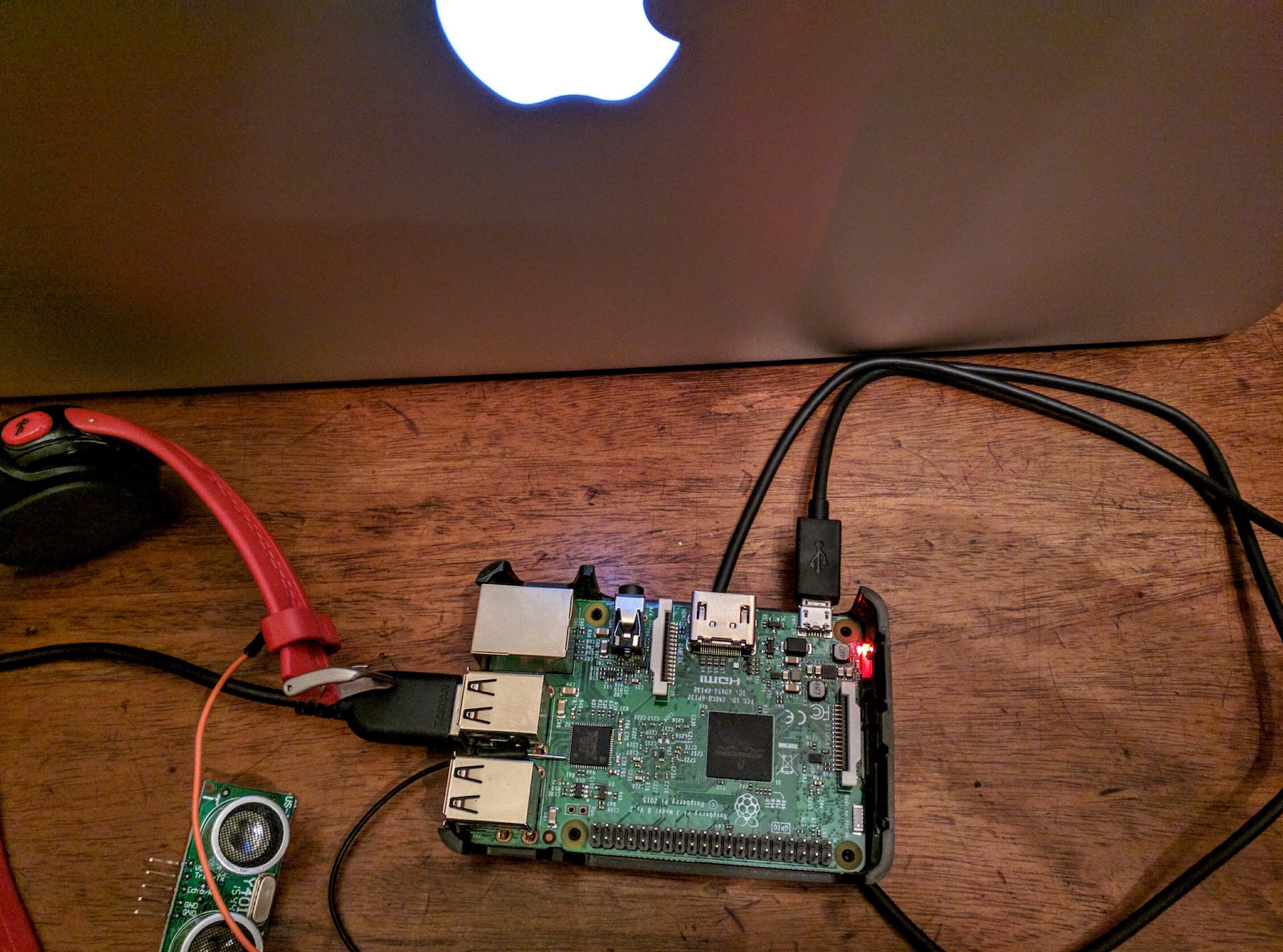Table of Contents
- Introduction
- What is SSH and IoT?
- Why Use Raspberry Pi for IoT?
- Top Free SSH IoT Platforms for Raspberry Pi
- Platform 1: Balena
- Platform 2: ThingsBoard
- Platform 3: Home Assistant
- Platform 4: Node-RED
- Platform 5: Blynk
- How to Choose the Right Platform
- Conclusion
Introduction
Looking for the best SSH IoT platform for Raspberry Pi that is free? You're in the right place. The Internet of Things (IoT) has revolutionized the way we interact with technology, and Raspberry Pi has become one of the most popular devices for building IoT projects. Whether you're a hobbyist, a student, or a professional developer, leveraging SSH (Secure Shell) for managing your Raspberry Pi-based IoT projects can make your work more efficient and secure.
SSH is a protocol that allows secure remote access to your Raspberry Pi, enabling you to manage your IoT devices without being physically present. With the growing number of IoT platforms available, it can be challenging to find the right one that is both free and compatible with SSH. In this article, we will explore the best free SSH IoT platforms for Raspberry Pi, providing you with detailed insights and actionable recommendations.
Our goal is to help you make an informed decision by evaluating the features, ease of use, and reliability of each platform. By the end of this article, you'll have a clear understanding of which platform suits your needs and how to get started with it.
Read also:Lori Pettys Illness Understanding Her Health Journey And Its Impact
What is SSH and IoT?
Before diving into the platforms, let's briefly explain what SSH and IoT are and how they work together. SSH (Secure Shell) is a cryptographic network protocol used for secure communication between a client and a server. It allows you to remotely access and manage your Raspberry Pi, execute commands, and transfer files securely over an unsecured network.
IoT (Internet of Things), on the other hand, refers to a network of interconnected devices that communicate and exchange data over the internet. These devices can range from simple sensors to complex systems like smart home appliances, industrial machines, and wearable gadgets. Raspberry Pi is a versatile single-board computer that serves as an excellent foundation for building IoT projects.
When combined, SSH and IoT create a powerful synergy. SSH provides a secure way to manage IoT devices remotely, while IoT platforms offer the tools and infrastructure needed to build, deploy, and monitor IoT applications. This combination is particularly useful for developers who need to manage multiple devices or troubleshoot issues without being physically present.
Why Use Raspberry Pi for IoT?
Raspberry Pi has become a go-to choice for IoT projects due to its affordability, versatility, and community support. Here are some reasons why Raspberry Pi is an excellent platform for IoT:
- Cost-Effective: Raspberry Pi is an affordable option for building IoT projects, making it accessible to hobbyists and professionals alike.
- Open Source Ecosystem: The Raspberry Pi community provides a wealth of open-source software, libraries, and tutorials, making it easier to get started with IoT development.
- Compact and Energy-Efficient: Its small form factor and low power consumption make it ideal for IoT applications that require minimal space and energy usage.
- Wide Range of Connectivity Options: Raspberry Pi supports various communication protocols, including Wi-Fi, Bluetooth, and Ethernet, enabling seamless integration with IoT devices.
- Customizability: With its GPIO (General Purpose Input/Output) pins, Raspberry Pi can interface with a wide range of sensors and actuators, allowing for highly customizable IoT solutions.
Top Free SSH IoT Platforms for Raspberry Pi
Now that we understand the importance of SSH and Raspberry Pi in IoT, let's explore some of the best free SSH IoT platforms available. These platforms offer robust features, ease of use, and community support, making them ideal for both beginners and experienced developers.
Platform 1: Balena
Balena is a popular IoT platform that allows you to deploy, manage, and monitor fleets of connected devices, including Raspberry Pi. It provides a secure and scalable infrastructure for building IoT applications, with built-in support for SSH.
Read also:Unlocking Secure Access A Comprehensive Guide To Remoteiot Platform Ssh Key Free
- Key Features:
- Easy device provisioning and management.
- Support for containerized applications using Docker.
- Real-time device monitoring and logging.
- Secure remote access via SSH.
- Pros:
- Highly scalable for managing multiple devices.
- Active community and extensive documentation.
- Free tier available for small projects.
- Cons:
- Advanced features may require a paid plan.
- Steep learning curve for beginners.
Platform 2: ThingsBoard
ThingsBoard is an open-source IoT platform that provides device management, data visualization, and rule-based automation. It supports SSH for secure communication with Raspberry Pi devices.
- Key Features:
- Real-time data visualization with customizable dashboards.
- Rule engine for automating workflows.
- Support for MQTT, HTTP, and CoAP protocols.
- Secure SSH access for device management.
- Pros:
- Free and open-source.
- Highly customizable for specific use cases.
- Active community and regular updates.
- Cons:
- Requires technical expertise for setup and configuration.
- Limited support for non-technical users.
Platform 3: Home Assistant
Home Assistant is a popular open-source platform for building smart home solutions. It supports SSH for secure remote access and integrates seamlessly with Raspberry Pi.
- Key Features:
- Integration with over 1,000 smart home devices.
- Automation and scripting capabilities.
- User-friendly interface with customizable dashboards.
- Secure SSH access for remote management.
- Pros:
- Free and open-source.
- Extensive device compatibility.
- Active community and frequent updates.
- Cons:
- Primarily focused on smart home applications.
- May require additional hardware for advanced use cases.
Platform 4: Node-RED
Node-RED is a flow-based development tool for visual programming. It is widely used for IoT applications and supports SSH for secure communication with Raspberry Pi.
- Key Features:
- Drag-and-drop interface for building IoT workflows.
- Extensive library of pre-built nodes for various protocols.
- Support for MQTT, HTTP, and WebSocket communication.
- Secure SSH access for remote management.
- Pros:
- Easy to use for beginners and non-programmers.
- Highly flexible and customizable.
- Free and open-source.
- Cons:
- May require additional configuration for advanced use cases.
- Limited scalability for large-scale projects.
Platform 5: Blynk
Blynk is a user-friendly IoT platform that allows you to build mobile and web applications for controlling IoT devices. It supports SSH for secure communication with Raspberry Pi.
- Key Features:
- Mobile app builder for iOS and Android.
- Real-time data visualization and control.
- Support for MQTT and HTTP protocols.
- Secure SSH access for remote management.
- Pros:
- Free tier available for small projects.
- Easy to use for beginners.
- Active community and regular updates.
- Cons:
- Advanced features may require a paid plan.
- Limited scalability for large-scale projects.
How to Choose the Right Platform
Choosing the right SSH IoT platform for your Raspberry Pi project depends on several factors, including your technical expertise, project requirements, and budget. Here are some tips to help you make the right decision:
- Assess Your Needs: Determine the specific requirements of your project, such as the number of devices, communication protocols, and data visualization needs.
- Evaluate Features: Compare the features offered by each platform and choose one that aligns with your project goals.
- Consider Scalability: If you plan to scale your project in the future, choose a platform that can grow with your needs.
- Check Community Support: Platforms with active communities and extensive documentation can provide valuable resources and troubleshooting assistance.
- Test Before Committing: Take advantage of free trials or free tiers to test the platform and ensure it meets your expectations.
Conclusion
In this article, we've explored the best free SSH IoT platforms for Raspberry Pi, highlighting their features, pros, and cons. Whether you're building a smart home system, a remote monitoring solution, or an industrial IoT application, there's a platform that can meet your needs.
Remember to assess your project requirements, evaluate the features of each platform, and consider scalability and community support when making your decision. With the right platform, you can unlock the full potential of your Raspberry Pi-based IoT projects.
We hope this guide has been helpful in your search for the best SSH IoT platform. If you found this article useful, feel free to share it with others or leave a comment below. For more insights and tutorials, check out our other articles on IoT and Raspberry Pi development.

